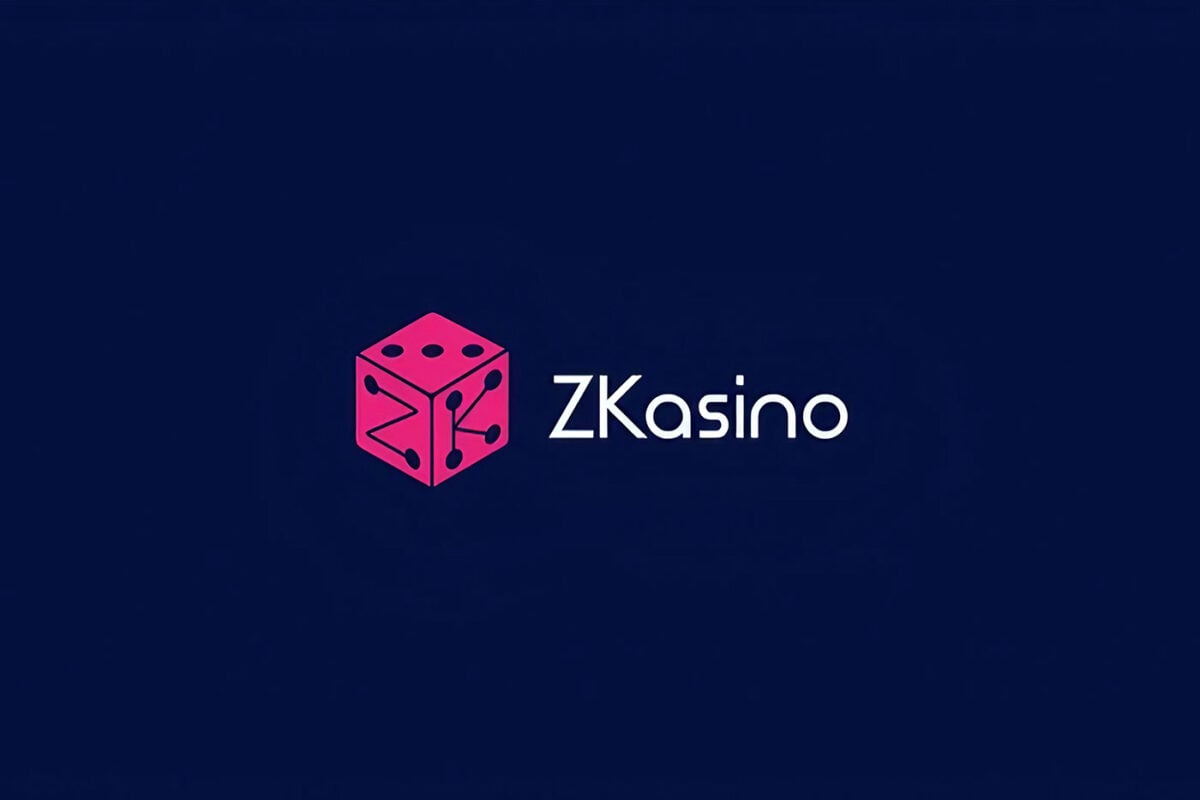The troubled blockchain-based gambling platform, ZKasino, has made headlines again with a contentious offer to return Ether (ETH) deposits to its investors within a sharply constrained 72-hour timeframe.
This move comes on the heels of intense scrutiny from both investors and Dutch law enforcement, who have implicated the platform in a substantial financial scam involving approximately $33 million in user funds.
TLDR
- ZKasino has initiated a process to return Ether deposits to investors, providing a 72-hour window to claim refunds at a 1:1 ratio. This follows significant controversies, including accusations of the platform being involved in a scam.
- The refund announcement follows the arrest of an individual linked to ZKasino on charges related to fraud and money laundering, along with the seizure of substantial assets by Dutch authorities.
- Investors are wary of the refund process, concerned about its authenticity and the potential for further financial risks. Participating investors are required to forfeit any ZKAS tokens they hold, losing future potential earnings.
- The decision to limit the refund claim period to just 72 hours has raised questions about the accessibility of the process for many investors, potentially leaving some unable to retrieve their funds.
- The ongoing developments with ZKasino reflect broader issues within the cryptocurrency space, including the need for more robust regulatory frameworks to protect investors from similar scenarios in the future.
In a recent blog post, ZKasino announced the commencement of a “2-step bridge back process,” which requires investors to sign up within three days to be eligible to reclaim their Ether at a 1:1 ratio.
This announcement closely follows the arrest of a 26-year-old associated with ZKasino on charges of fraud, embezzlement, and money laundering, with Dutch authorities also seizing assets worth millions of euros.
Investors have greeted ZKasino’s announcement with considerable suspicion, concerned about the legitimacy of the refund process and fearful that it could be a strategy to further exploit them.
The requirement for investors to surrender their ZKAS tokens, effectively foregoing any future payouts from these holdings, adds to the unease and dissatisfaction among the platform’s users.
This brief period for claims, combined with complex verification steps, suggests potential challenges in the accessibility and execution of the refund process.
These factors contribute to the anxiety and frustration felt by many investors, who are already reeling from the platform’s previous actions that led to significant financial losses.
The scenario encapsulates the volatile nature of the cryptocurrency and decentralized finance (DeFi) sectors, which, despite their rapid growth and increasing mainstream acceptance, still suffer from a lack of comprehensive regulatory oversight.
The ZKasino case exemplifies the urgent need for clearer regulations and stronger investor protections in these innovative yet often unpredictable markets.


